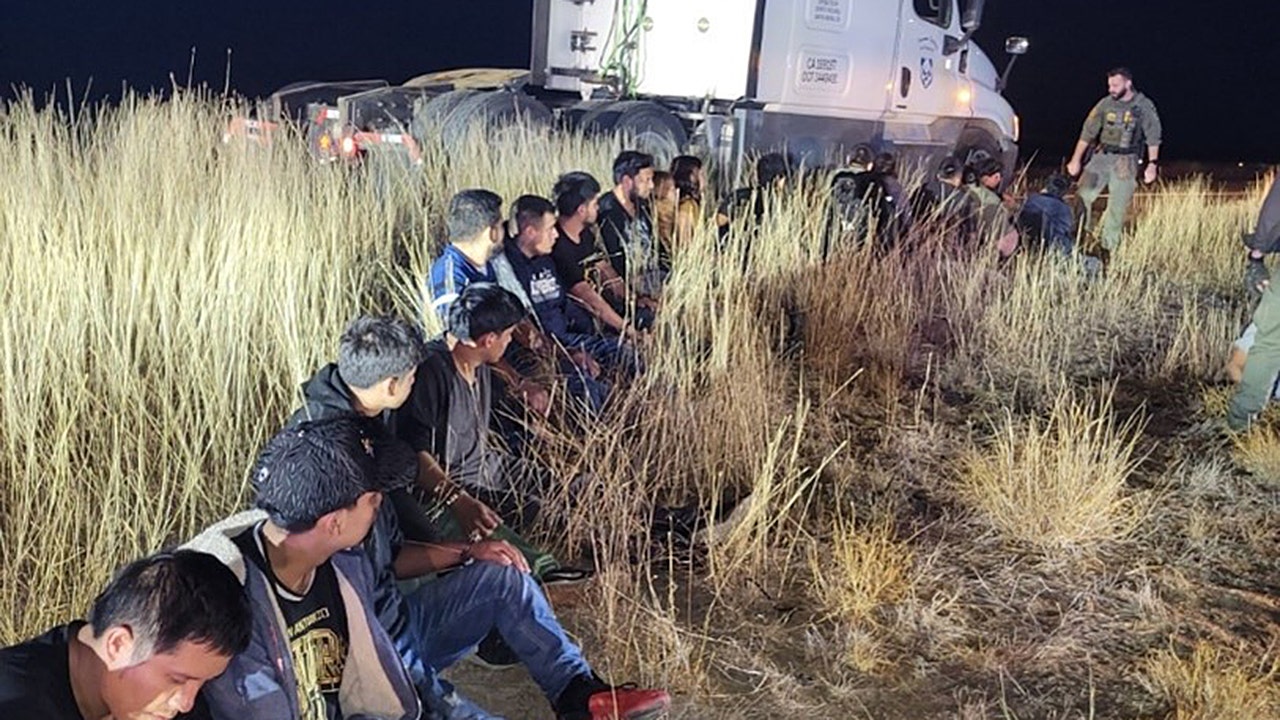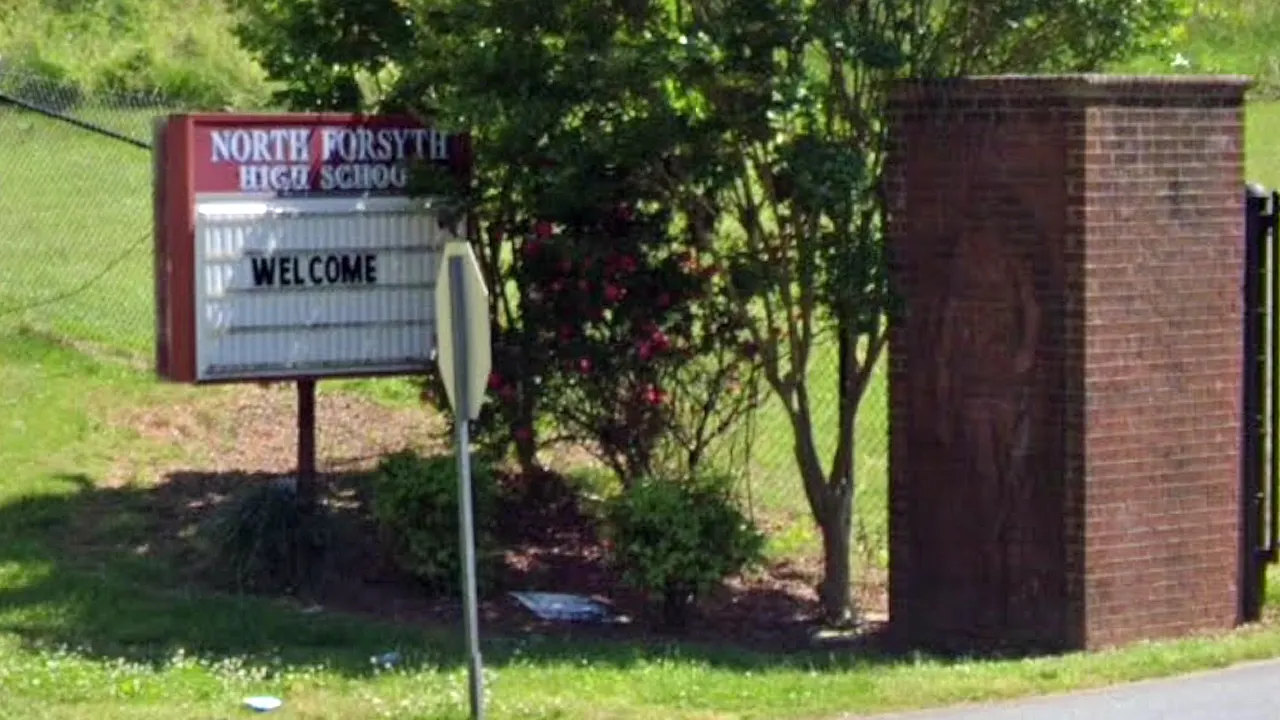Linda Gold escaped Hurricane Sandy a day before it killed her husband Rick, flooding their home and ravaging the Belle Harbor enclave that straddles Jamaica Bay and the Atlantic Ocean.
He wouldn’t leave, she told The Post — and now a decade later, on the grim anniversary of Sandy’s deadly wrath, it’s Linda who can’t bear to leave.
“If Rick died saving things in this house, I couldn’t leave,” she said of her husband of 32 years, a US Army vet and beloved mailman.
“I feel he would want me to be back here.”
The father-of-two was among 44 New Yorkers killed when Sandy slammed into the city on Oct. 29, 2012.
Their close-knit neighborhood on the Rockaway peninsula was one of the city’s hardest-hit — destroyed by flooding and massive fires sparked by electrical wires.
“After I lost Rick, I was in complete shock,” she told The Post from her home ahead of the 10th anniversary of her husband’s death.
“Sometimes people would forget who they were talking to and they would say how hard it is to live without kitchen cabinets or some crazy thing,” she said. “When I moved back after a year, I felt very guilty. You feel guilty when you’re alive and the other person is not.”
Linda said she’d decided to evacuate early because of her asthma and a lingering chest infection, but her husband wanted to stay behind in case he could use his Army training to help others.
Even as the storm surge rose, she said Rick kept going down to their basement to try and retrieve items their youngest of two daughters had stored when she returned from college.

“The water came up through the basement, as it did in everyone else’s house, and he wanted to get as many things as he could,” she recounted.
“Once he was in a few feet of water I said ‘just stay upstairs and don’t go down.’ There was no reason he had to go to the basement. He just kept going to look for things. And he got trapped. He got trapped in the surge.”
The water ended up rising five feet in the Golds’ house that night.

A fire marshal discovered Rick’s body in the flooded basement the following day after a neighbor said they hadn’t seen him.
“There were misconceptions that my husband was electrocuted and that’s not the case at all,” Linda said.
“They did an autopsy and there was a lot of bruising … I don’t know if things started to float and maybe he got hit on the head,” she continued. “Things were floating all over. When there was that surge, if you get caught in that there’s no way out.”

Before Sandy hit, Linda recalled they had never had a “drop of water” in the house as a result of flooding.
“I think my husband felt he was in very good physical shape and he could handle it. I think he felt he could put the house on his shoulders and walk away,” she said. “He actually thought he would stay here in case people needed help because he had been in the Army and was a camper, so he thought he could survive and be useful.”
Afterward, Linda said their daughters were filled with guilt for not pressuring him to evacuate with their mom.
“He was stubborn. If he said no, you couldn’t move him,” Linda said. “He really felt if he stayed here and things got rough then he could help people.”

Linda said a decade since his death, her pain hasn’t eased.
“It never gets easy,” she said. “You learn to eventually go on, and you go on with love and support from your family, but there’s so many things that are never easy.”
“There are so many things special between you — whether it’s a private joke or a song — there are so many things no one else will get,” she added. “A certain song comes on and I wish I could say ‘hey, this is our song’. There are so many concerts and plays I wish I could go to, but I don’t.”

Linda said the only thing holding her together at first were the children and at that time, their only grandchild.
“I felt the worst for my grandson who was three-and-a-half. It was very hard to explain where grandpa was,” Linda said. “I don’t think to this day my grandkids really know what happened.
“There’s not a day I see a grandchild that I don’t wish my husband was here to see them. He would have loved to see them grow up.”

Rick Gold was loved in his community too, becoming the local mailman later in life.
“He felt like Mister Rogers and this was his neighborhood. He just loved it,” his wife said.
“My husband was a very good community person … If someone needed a ride or a favor, he would always be the first to offer … He was very honorable. If he said he would do something to help you, he definitely would.

“People loved him.”
After his death, someone collected donations and sent the widow a check.
“He went to different people on the block and said ‘make believe it’s Christmas and you’re giving Rick a Christmas present’,” she said.
“One of the reasons I moved back here is because the people were so wonderful and helpful. There was genuine kindness.
“People around here do so much for others. This is the good of humanity.”
Read the full article here


















